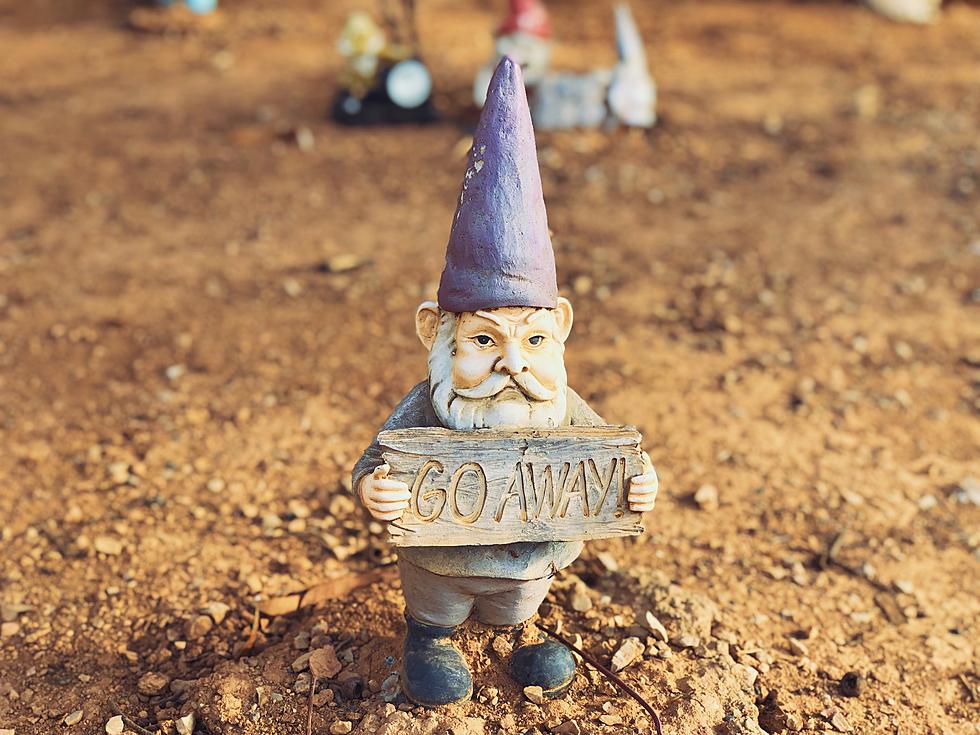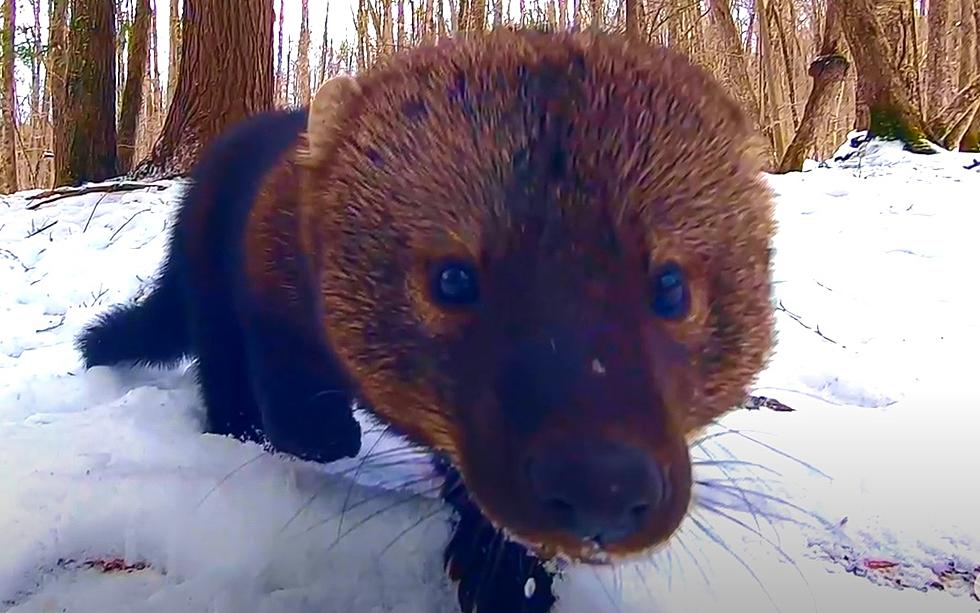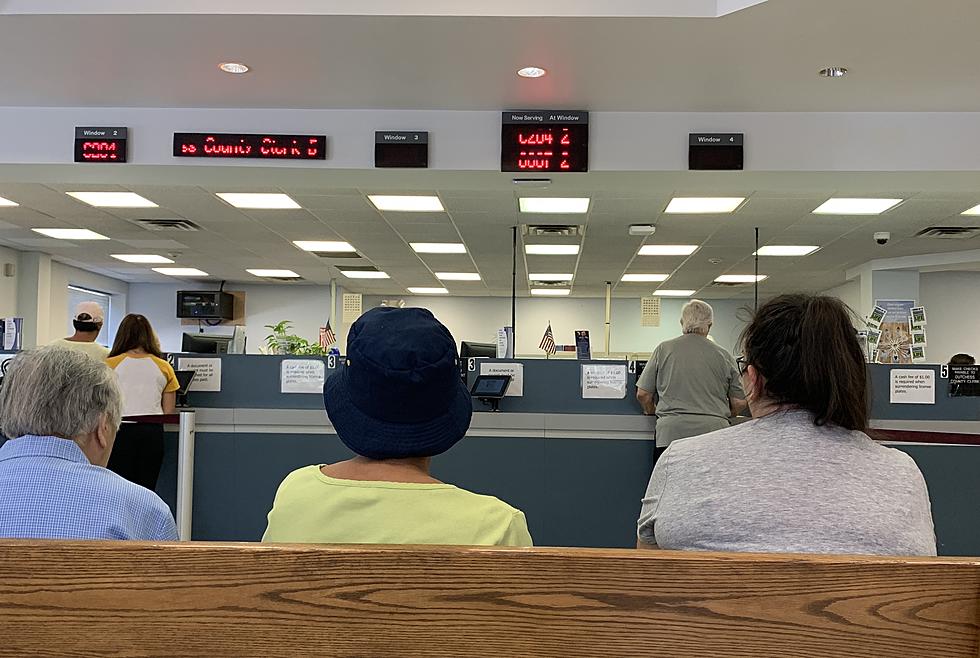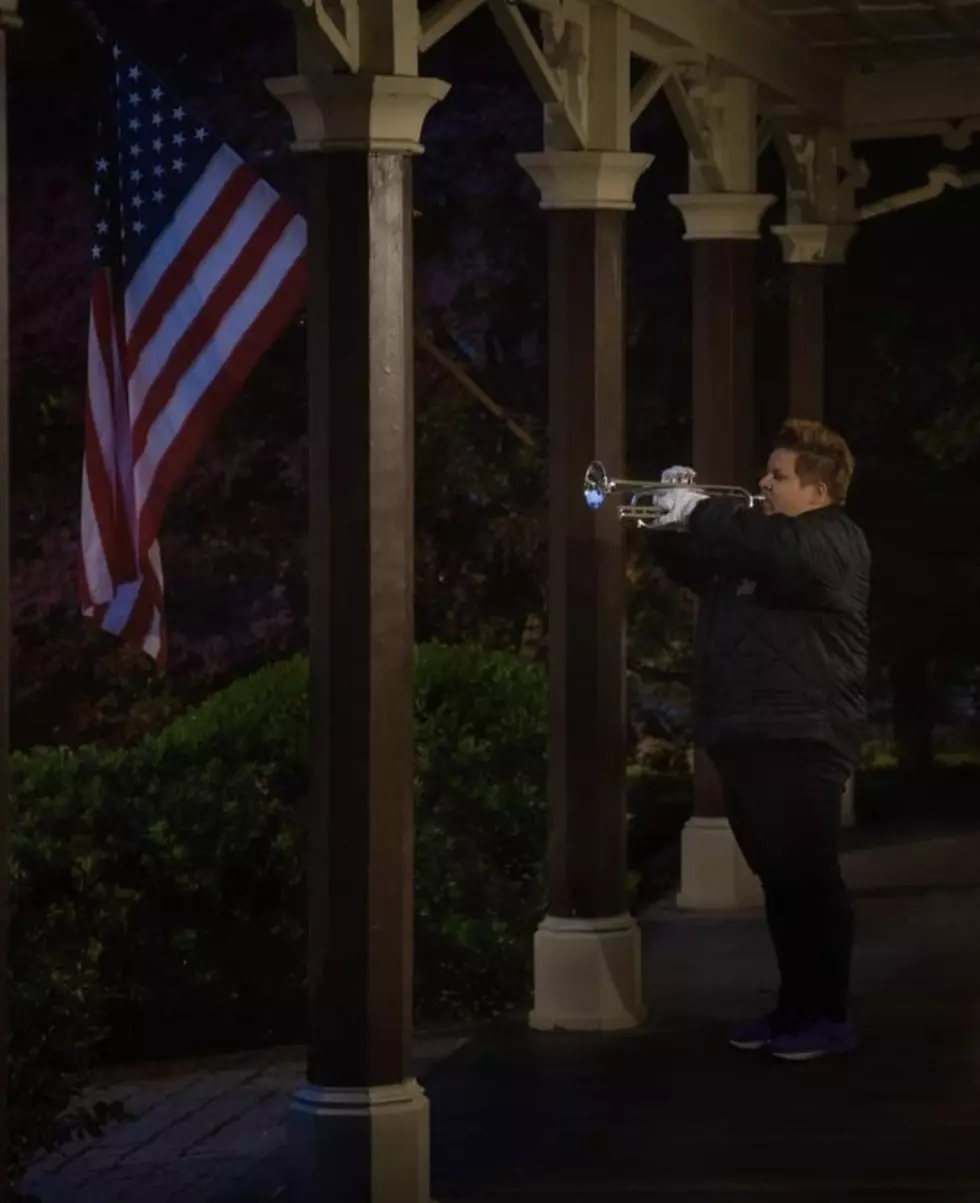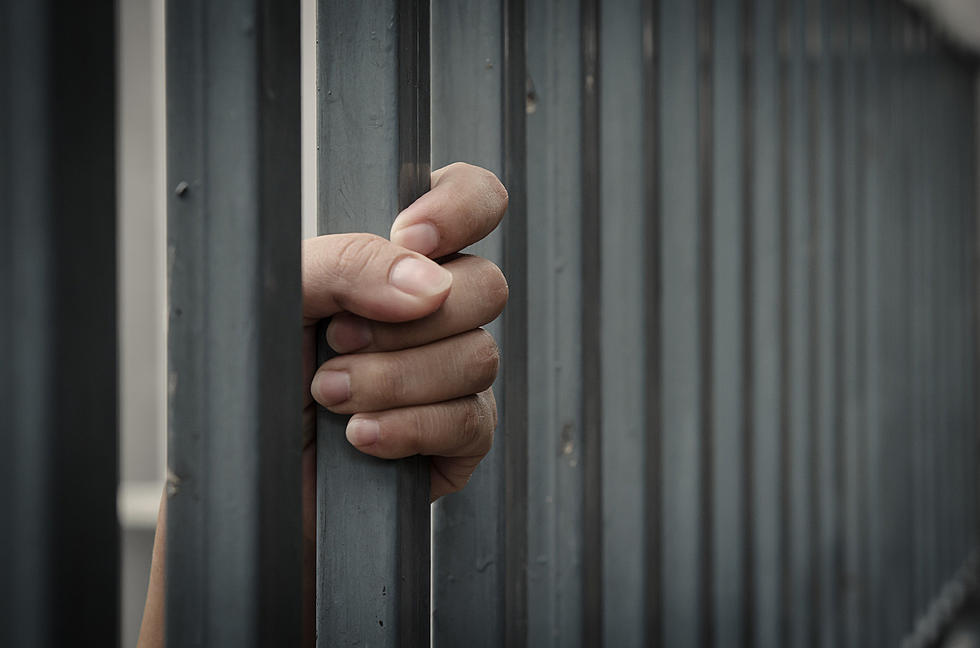
With Pot Legal, What Happens to Drug Sniffing K-9’s?
It's a question that many police departments across the country are having to deal with.
If you missed the news back in April, New York State passed law that recreational marijuana is now legal and adults over the age of 21 are legally allowed to possess under three ounces of marijuana on their person. Great news for some but what happens to police dogs that have been trained to sniff out weed during police searches?
According to News 10, drug-sniffing K-9's from all across the country have been forced into early retirement because they are no longer needed. For example in Virginia, they are set to make weed legal in July, and that has forced the police department to retire 13 dogs because of the legalization. That's a high number than normal, with smaller departments reporting that they are retiring one or two dogs.
Most police dogs are trained to sniff out weed along with other illegal drugs and with it now being legal and dogs being trained to alert the same way for all drugs it’s impossible to tell whether they are alerting the presence of marijuana or an illicit drug. Dogs are also not trained to alert on the amount of marijuana that a person is carrying. That means they can no longer be used to establish probable cause for a search.
One county Sheriff Mike Miller told News 10 that, "We won’t use our dogs trained in marijuana because that could be a defense an attorney would raise for a client, to say, Which odor did the K-9 alert on—was it marijuana or was it an illegal drug?"
Many departments are in the process of getting and training new dogs to sniff out only illicit drugs, including cocaine, heroin, and methamphetamines. Purchasing and training new dogs cost departments around $15,000 each, so some departments have been forced to disbanding their K-9 units.
LOOK: The least obedient dog breeds
Check out these 50 fascinating facts about dogs:
LOOK: Here Are 30 Foods That Are Poisonous to Dogs
More From Hudson Valley Post


